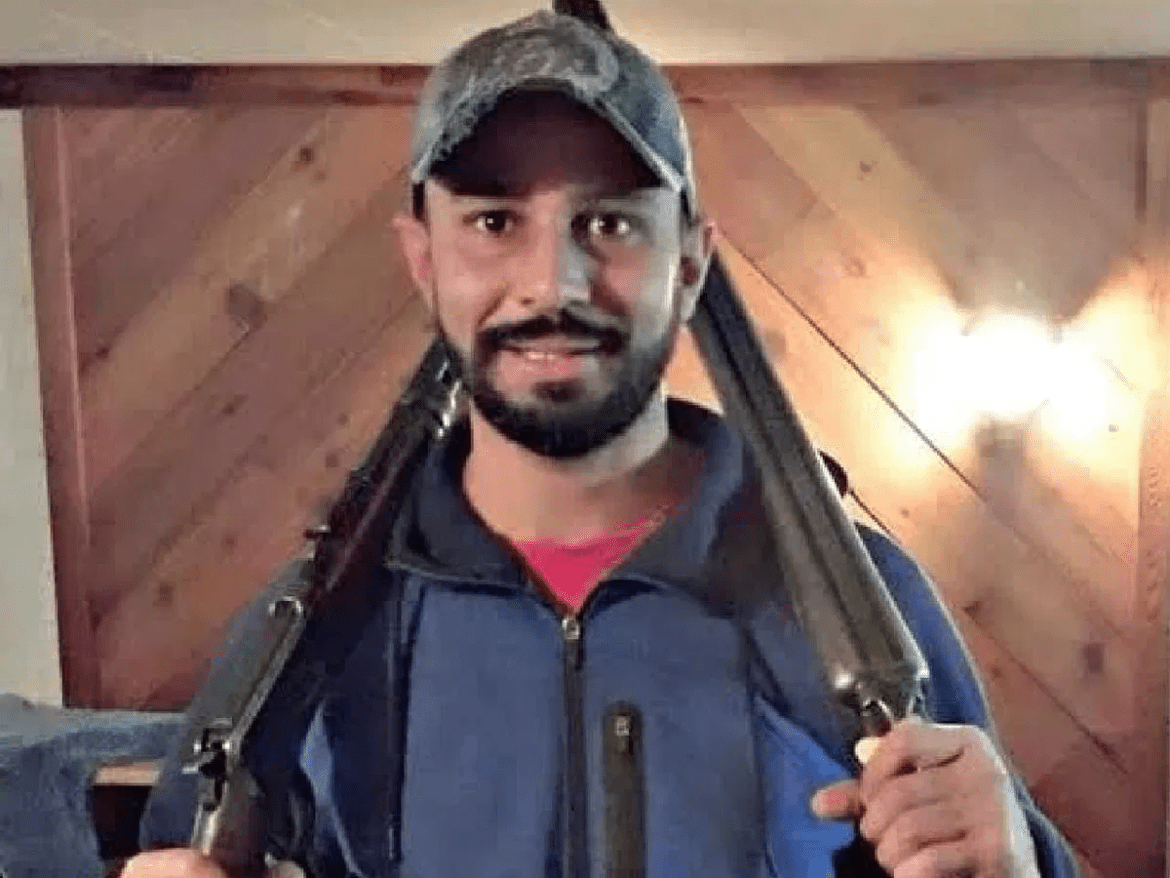AI Generated Summary
- His association with the Davinder Bambiha gang was notorious, making him a prominent figure on the National Investigation Agency’s (NIA) list of wanted terrorists and gangsters believed to be hiding in Canada.
- The NIA had previously identified Sukha as a person of interest among 43 gangsters and Khalistani terrorists, urging the Canadian government to provide information about his benami properties in the country.
- In a grim turn of events, the notorious gangster and alleged Khalistan extremist, Sukhdool Singh, widely known as Sukha, met a violent end when unidentified assailants gunned him down in Winnipeg, Canada.
In a grim turn of events, the notorious gangster and alleged Khalistan extremist, Sukhdool Singh, widely known as Sukha, met a violent end when unidentified assailants gunned him down in Winnipeg, Canada. The late-night incident has sent shockwaves through the criminal underworld, revealing the dark underbelly of inter-gang rivalries and the consequences of harboring violent extremists.
Sukha’s criminal journey was a tumultuous one, intertwined with elements of terrorism and gangsterism. His association with the Davinder Bambiha gang was notorious, making him a prominent figure on the National Investigation Agency’s (NIA) list of wanted terrorists and gangsters believed to be hiding in Canada. Reports suggest that he had affiliations with pro-Khalistani organizations, raising concerns about his involvement in extremist activities.
The tale of Sukha’s escape to Canada in 2017 using a fake passport highlights the ease with which criminals can evade the law, particularly when transnational borders are involved. His close ties with another Canada-based gangster, Arshdeep Dalla, who was a rival of Goldy Brar and Lawrence Bishnoi, further underscored the complex web of criminal networks that Sukha was part of.
The NIA had previously identified Sukha as a person of interest among 43 gangsters and Khalistani terrorists, urging the Canadian government to provide information about his benami properties in the country. This revelation exposed the extent of his involvement in criminal activities and his potential role in furthering extremist agendas.
The assassination of Sukha serves as a stark reminder of the perils associated with harboring and encouraging violent extremists within any society. The incident in Winnipeg, while seemingly a result of inter-gang rivalry, is indicative of the broader societal implications of nurturing such elements.
As former U.S. Secretary of State Hillary Clinton wisely remarked, “It’s like that old story – you can’t keep snakes in your backyard and expect them only to bite your neighbors. Eventually, those snakes are going to turn on whoever has them in the backyard.” This saying rings true in the context of Sukha’s life and the events leading up to his demise.
Harboring individuals with extremist tendencies, whether driven by political ideologies or personal gain, poses a significant threat to domestic security and stability. These individuals often operate on the fringes of society, taking advantage of the weaknesses in law enforcement and exploiting the vulnerabilities of those around them.
The case of Sukha underscores the need for international cooperation in combating organized crime and extremism. Transnational criminals often seek refuge in countries where they can exploit legal loopholes and evade justice. To address this, nations must work together to share intelligence, track financial flows, and apprehend fugitives to ensure that they are held accountable for their actions.




